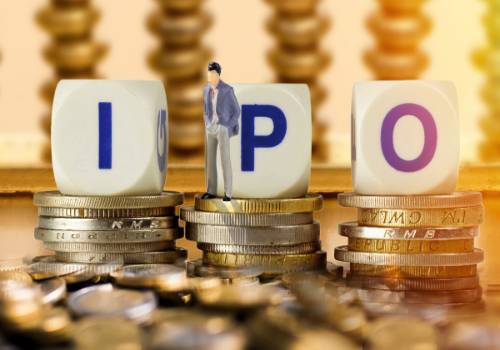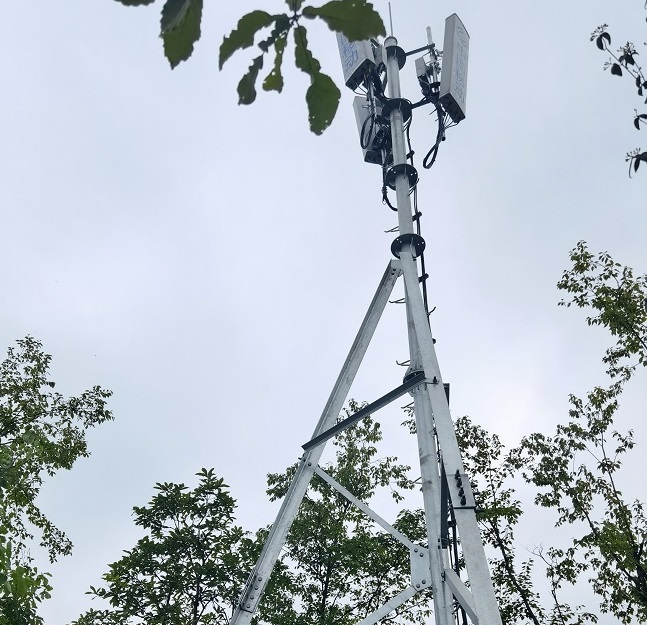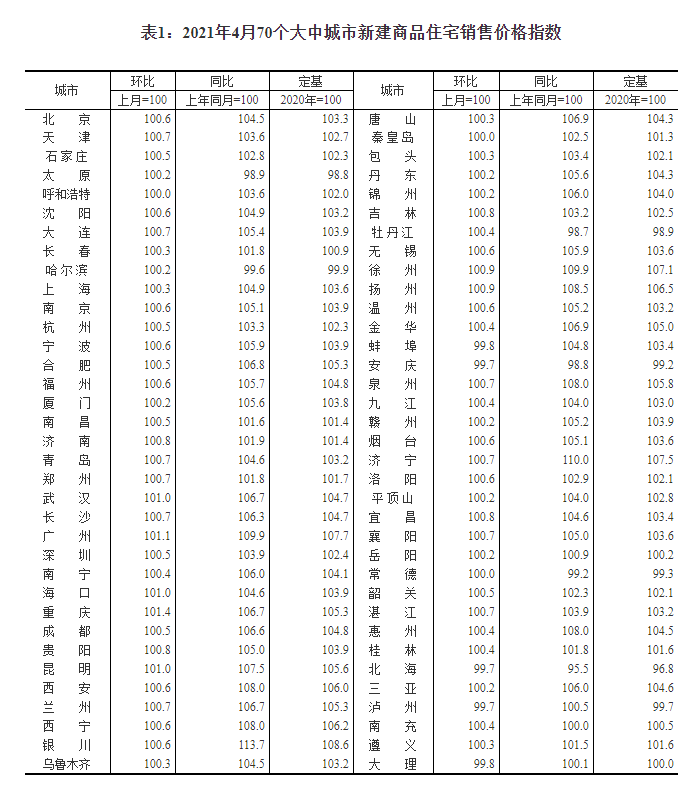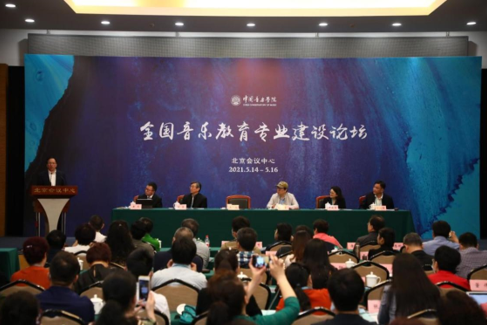 (相关资料图)
(相关资料图)
BEIJING, September 27 (TMTPOST)— A Tesla’s rival set to go public soon in Hong Kong finalized its listing price, less ambitious than the guidance it released a week ago.
Source: Leapmotor
Zhejiang Leapmotor Technology Co., Ltd. set the offering price at HK$48.00 and remained sales size of 130.8 million Hong Kong shares, according to a filing with the Hong Kong Stock Exchange (HKEX) on Tuesday. The offer price is at the lower end of the guidance range the electric vehicle (EV) maker announced on September 19.
Leapmotor is scheduled to start trading under the stock code “9863” on Thursday, and expected to raise about HK$6.28 billion (US$800 million) based on the list price, compared with the highest fundraising target of HK$8.1 billion as the upper end of guidance is HK$62.00 per share. The latest filling showed Leapmotor initial public offering (IPO) is significantly undersubscribed in Hong Kong as the received bids only account for 0.16% of the total available local shares, while the overseas bidders are relatively more interested since the deal was oversubscribed by around 2.33 times.
The poor performance of Hong Kong’s primary equity market this year did hurt investors’ appetite. Leapmotor reduced its IPO size for its original target was to raise US$1.5 billion, Reuters cited people familiar with the matter last week. And the company once held back the IPO two weeks ago after its initial briefing with potential investors amid the volatility of financial markets, the sources also said.
However, Leapmotor and its peers are bracing more promising prospect in the near term. Earlier this week, Chinese authorities unveiled to extend the 10% purchase tax on new energy vehicles (NEVs) by a year to the end of 2023. The new exemption is estimated to save a shopper of either battery electric vehicles (BEVs) or plug-in hybrids from RMB1,000 to more than RMB 20,000. The state television expected the new extension to bring RMB100 billion more tax exemptions. The new boost for auto industry came after China announced in late May to cut the 10% purchase tax levied on certain low-emission passenger vehicles by half in the second half of 2022.






